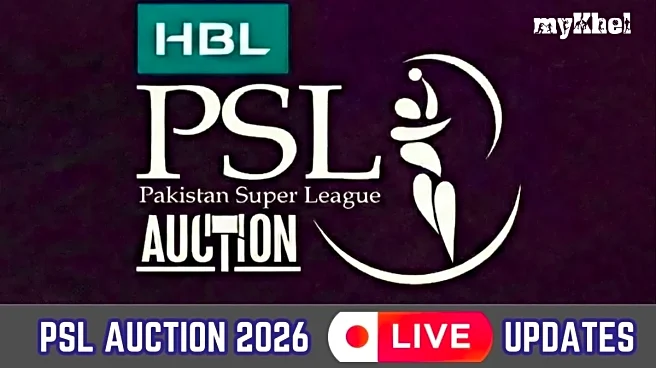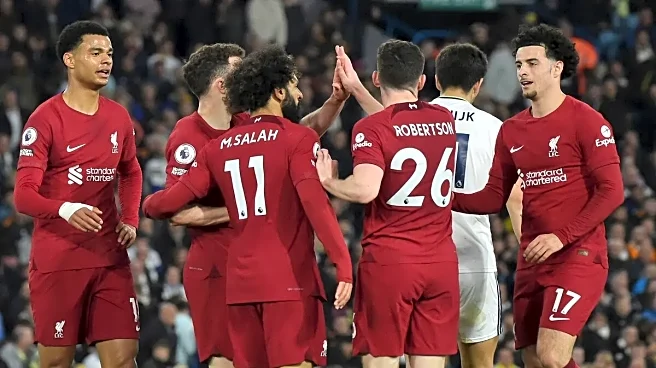Zerodha co-founder and CEO Nithin Kamath shared a detailed explanation for investors who plan to take part in Infosys’ latest and largest-ever share buyback. He broke down how people can check their potential gains, understand the tax rules, and calculate whether the offer actually benefits them.
His post came at a time when many investors were already discussing the company’s major move and trying to figure out how the numbers would work in their favour.
Infosys has launched an Rs 18,000 crore buyback, giving shareholders a chance to sell their shares back to the company at a premium price. The buyback date is set for today, November 14, and only those who hold Infosys shares on or before this date are eligible to participate.
With the T+1 settlement
system, investors had time until the market closed on November 13 to buy shares if they wanted to be included. Kamath used this moment to guide investors with a simple breakdown of how taxation applies.
Nithin Kamath Explains Buyback Eligibility
Kamath reminded investors that they must have the shares in their demat account on the record date. He wrote on X (formerly Twitter), “Infy (Infosys) is one of the most highly held stocks by investors, and the record date for their massive buyback is November 14th, the biggest buyback ever in India. That is, you can participate in the buyback if you hold the shares in your demat account as of November 14.”
His post highlighted that the timing of the purchase is important under the T+1 settlement rule.
Nithin Kamath Breaks Down Taxation On Buybacks
Kamath also explained how taxes work for anyone participating in the offer. He said, “I think it is essential to understand how you will be taxed on this. If you participate in the buyback at Rs 1,800 (current price is ~ Rs 1,550), here’s the taxation: The money you receive from the buyback is considered income from other sources and is taxed at your applicable slab rate. And, the entire investment value is then considered as a capital loss.”
He added that the offer becomes more appealing if someone has other capital gains they want to offset.
Kamath further explained the difference between short-term and long-term capital losses. “By the way, if the investment was done <1 year, then it is a short-term capital loss, and >1 year, it is a long-term capital loss. Otherwise, it is essentially like a dividend,” he noted.
He ended by encouraging Zerodha users to check their Tax P&L reports, where buyback details appear separately and help them understand their own calculations clearly.
Check his post here:
Infy is one of the most highly held stocks by investors, and the record date for their massive buyback is November 14th, the biggest buyback ever in India. That is, you can participate in the buyback if you hold the shares in your demat account as of November 14.
I think it is… pic.twitter.com/1dW6w6J2fr
— Nithin Kamath (@Nithin0dha) November 13, 2025
Infosys Launches Its Biggest-Ever Share Buyback
Infosys is carrying out its buyback through the tender offer route at Rs 1,800 per share, which is more than an 18 per cent premium over the last closing price of Rs 1,514.60 on November 10.
The company plans to repurchase up to 10 crore equity shares, accounting for 2.41 per cent of its paid-up equity share capital. The offer is open to all shareholders, with 15 per cent specifically set aside for small investors.
This buyback also marks the company’s first in three years and is the biggest one Infosys has ever announced.







/images/ppid_59c68470-image-177084004043125742.webp)

/images/ppid_a911dc6a-image-177083903258342419.webp)




/images/ppid_59c68470-image-177083752855419301.webp)
/images/ppid_59c68470-image-177083752668871927.webp)

